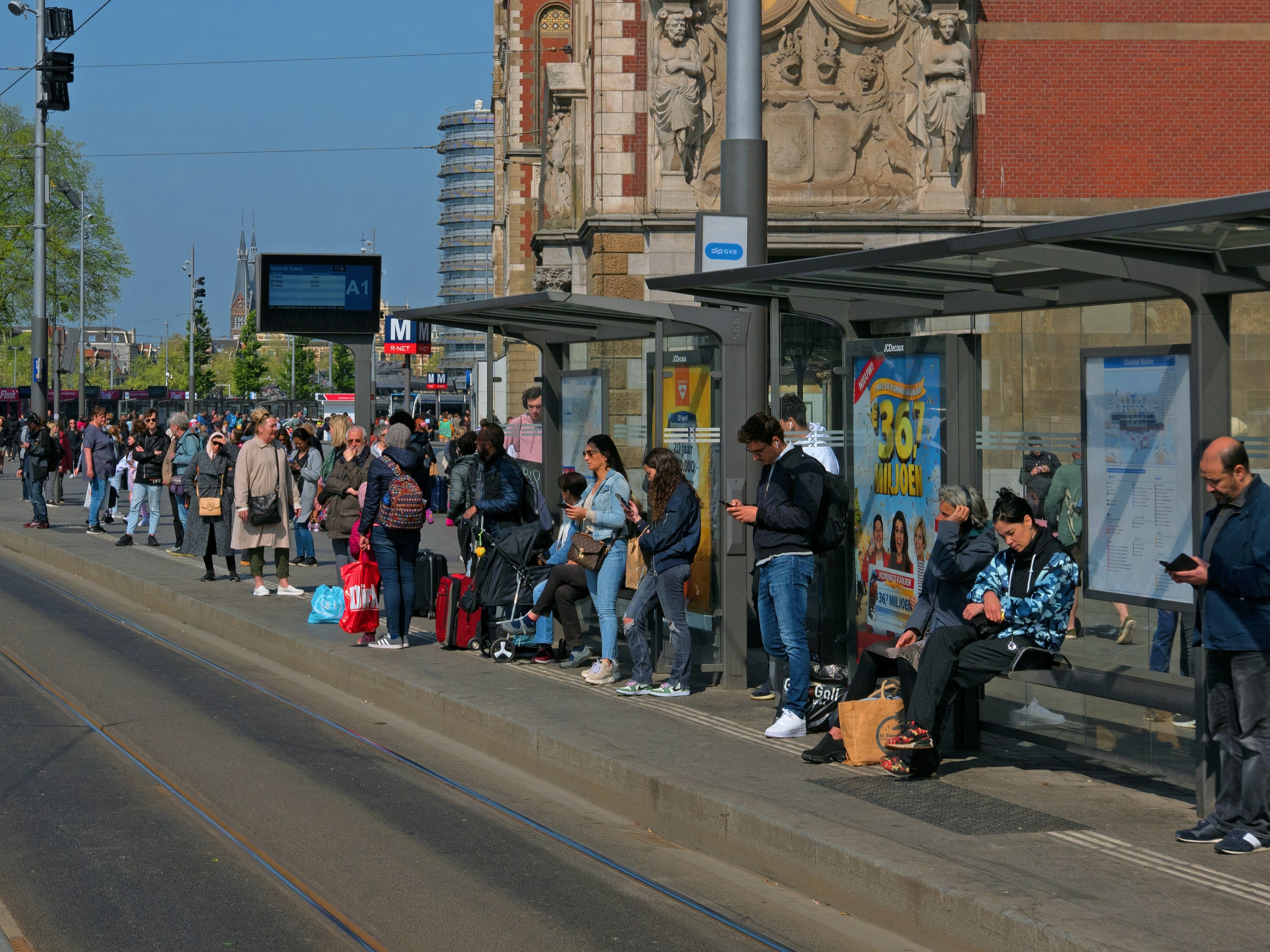The US is to recognise Jerusalem as the capital of Israel - why is this so controversial?

Donald Trump is intending to move the US embassy to Jerusalem, which could cause conflict and unrest. Image: REUTERS/Ammar Awad
The US President Donald Trump has signalled his intention to move the US embassy to Israel from Tel Aviv to Jerusalem.

The decision is a de-facto recognition of Jerusalem as the capital city of the state of Israel. On the surface it sounds straightforward enough. But in the context of decades of violence in the Middle East, it’s a move laden with political, religious and regional complexity. The status of Jerusalem is central to any resolution of the conflict between Israel and the Palestinians.
Reuters reports that Israeli officials have welcomed the Trump administration’s move, with Palestinian leaders calling it ‘a kiss of death’ to the two-state solution
Conflicting claims
To most Jewish citizens of Israel, Jerusalem is known as the ‘eternal capital.’ Israel claims the whole of Jerusalem as its capital city, and insists it can never be divided or shared with any future Palestinian state.
The Israeli position is unthinkable to the Palestinians. For them, the Eastern sector of Jerusalem - the old city as it’s known - will be the capital of the homeland they aim to create as part of any future peace deal.
Religious significance

At the heart of these claims is a compound that houses a number of religious sites.
Muslims call it Haram al-Sharif. It’s home to the Al Aqsa Mosque, the third holiest site in Islam.
The same compound is known to Jews as Temple Mount. It houses the Western Wall, the holiest site in the Jewish faith. Followers of Judaism believe Temple Mount is the site of of the first and second Jewish temples.
The Dome of the Rock dominates the complex. Muslims believe this is where the prophet Muhammad ascended to heaven. The dome is also sacred to Jews. They believe this is where Abraham prepared to sacrifice his son Isaac.
Disputed and divided
Israeli forces annexed East Jerusalem at the end of the 1967 Middle East war. The international community has never recognised Israel’s claimed sovereignty over this part of the city. Since the annexation, Israel has built a number of outposts, known as settlements, in East Jerusalem and the West Bank. Around 200,000 Jewish settlers live in these outposts. In 2016, the UN Security Council described the settlements as “a flagrant violation of international law.”
The US has said it may take years to move its embassy to Jerusalem, but the decision to relocate from Tel Aviv goes against current diplomatic convention. If the move goes ahead, the US will become the only nation with its embassy in the divided city.
According to Reuters, a Trump administration official told reporters, “The president believes this is a recognition of reality. We’re going forward on the basis of a truth that is undeniable. It’s just a fact.”
A UN spokesman underlined the sensitivities around the status of Jerusalem as world leaders expressed concern over President Trump’s decision. Stephane Dujarric told reporters, “We have always regarded Jerusalem as a final-status issue that must be resolved through direct negotiations between the two parties based on relevant Security Council resolutions.”
Don't miss any update on this topic
Create a free account and access your personalized content collection with our latest publications and analyses.
License and Republishing
World Economic Forum articles may be republished in accordance with the Creative Commons Attribution-NonCommercial-NoDerivatives 4.0 International Public License, and in accordance with our Terms of Use.
The views expressed in this article are those of the author alone and not the World Economic Forum.
Stay up to date:
United States
Forum Stories newsletter
Bringing you weekly curated insights and analysis on the global issues that matter.
More on Resilience, Peace and SecuritySee all
Shoko Noda and Kamal Kishore
October 9, 2025







